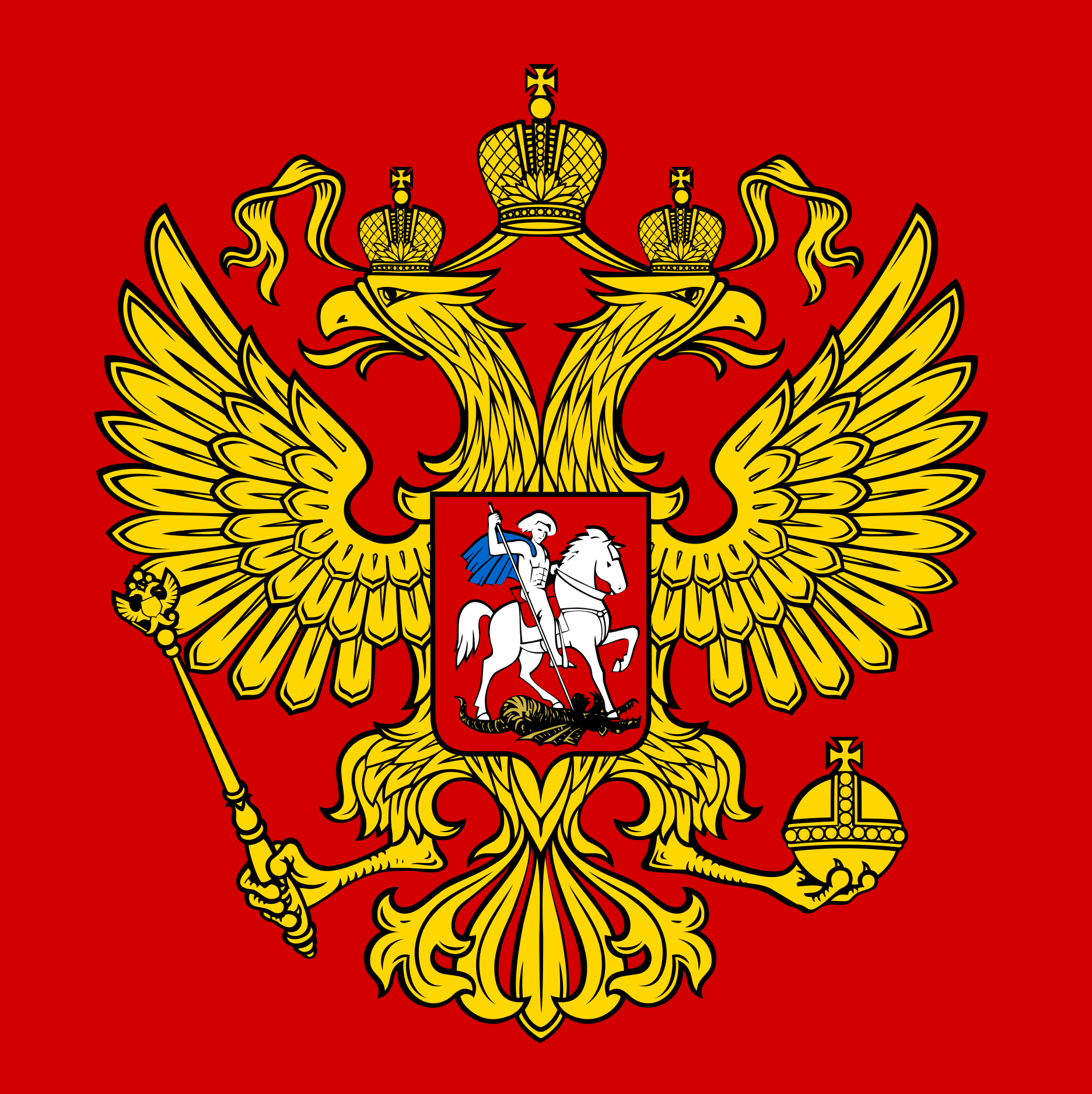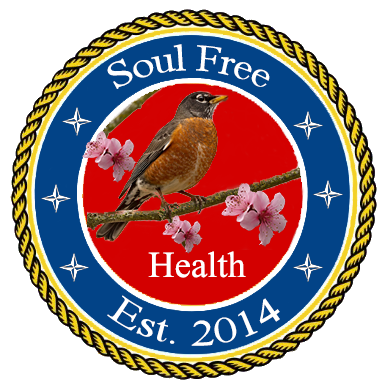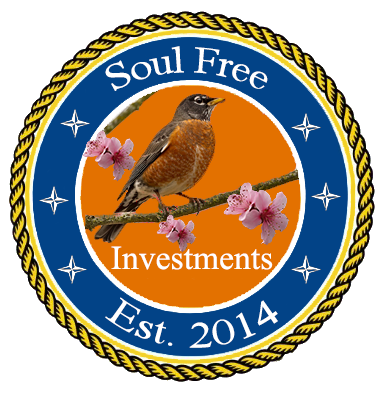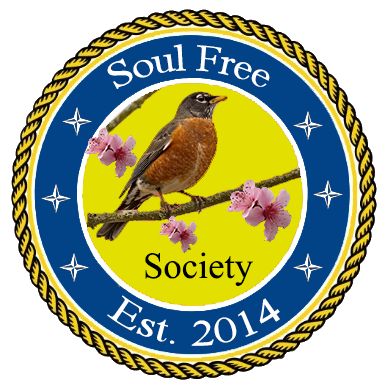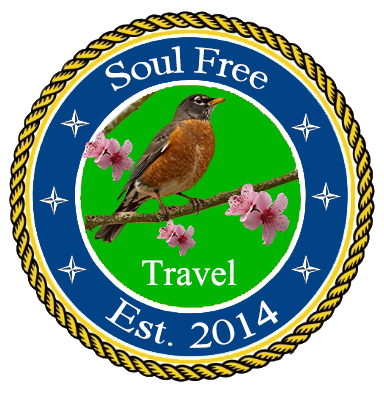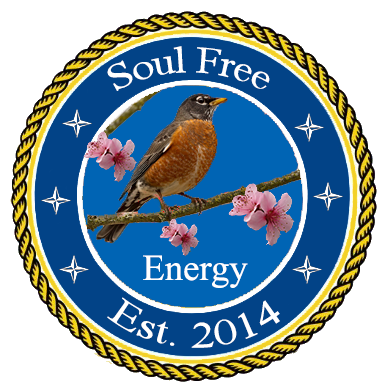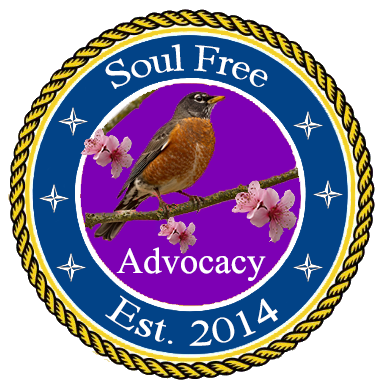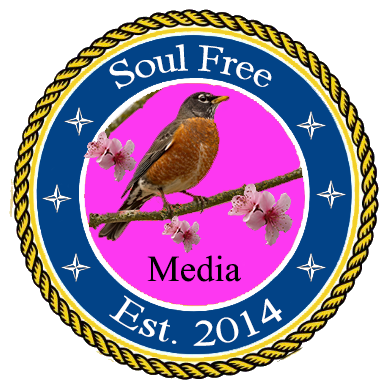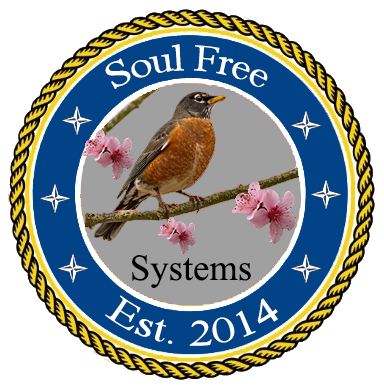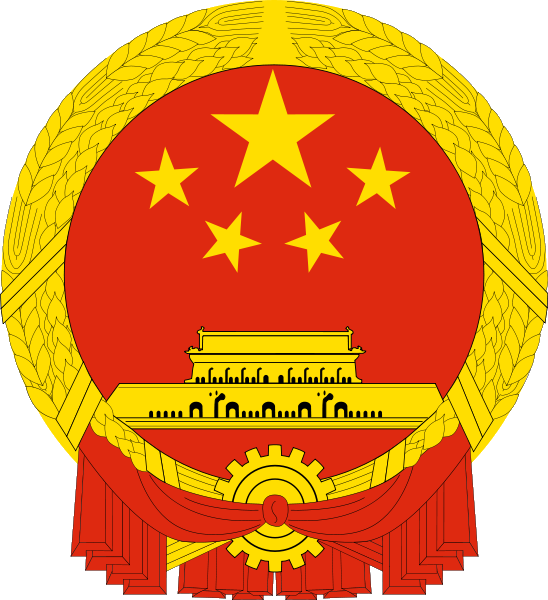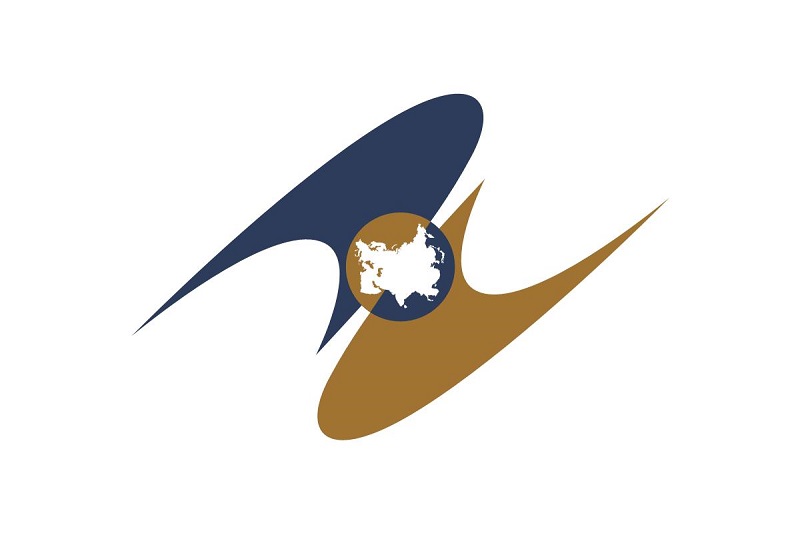
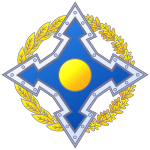 Eurasian Economic Union
Eurasian Economic Union 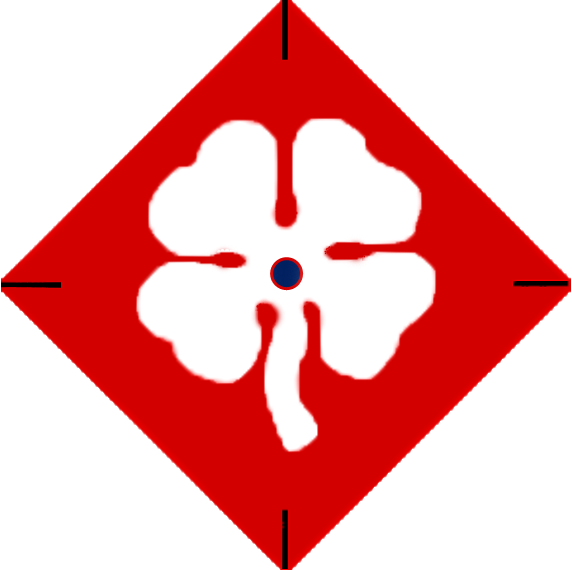
Region 1 - Northern Division

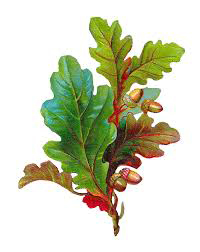 Albania
Albania 
|
|
 |
|
Fast Facts:
Population (est.): |
2,821,977 |
Main Political Party: |
Socialist Party of Albania |
GDP (nominal): |
$13.12 billion |
Motto: You, Albania, Give Me Honor, Give Me the Name Albanian
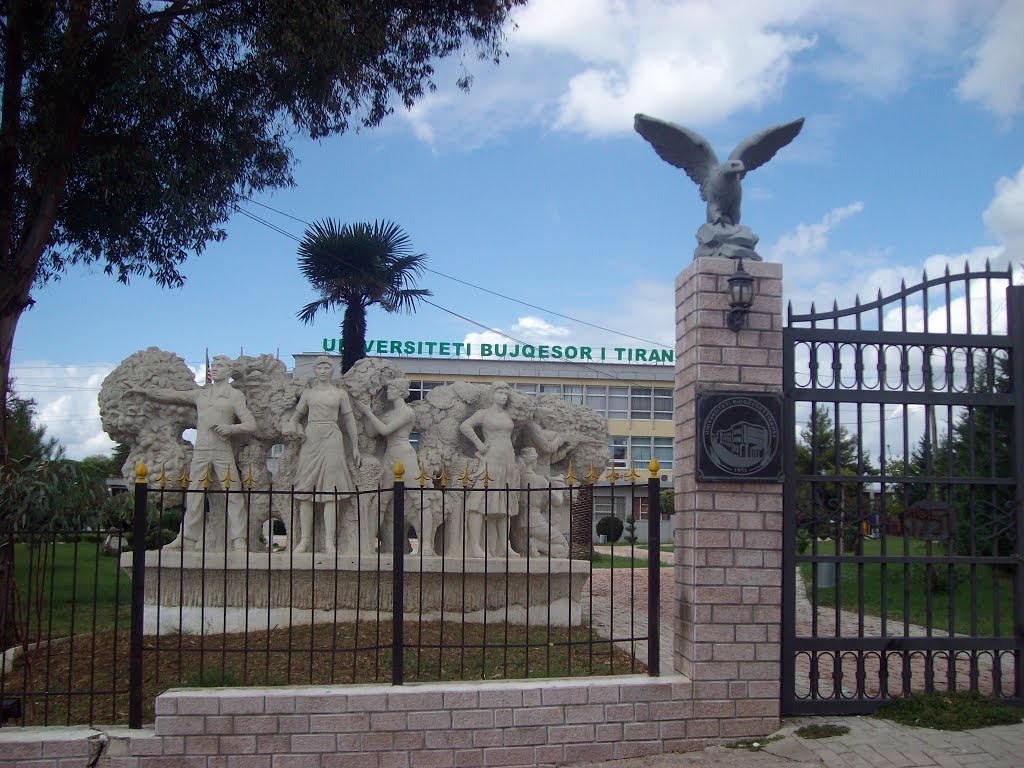 |
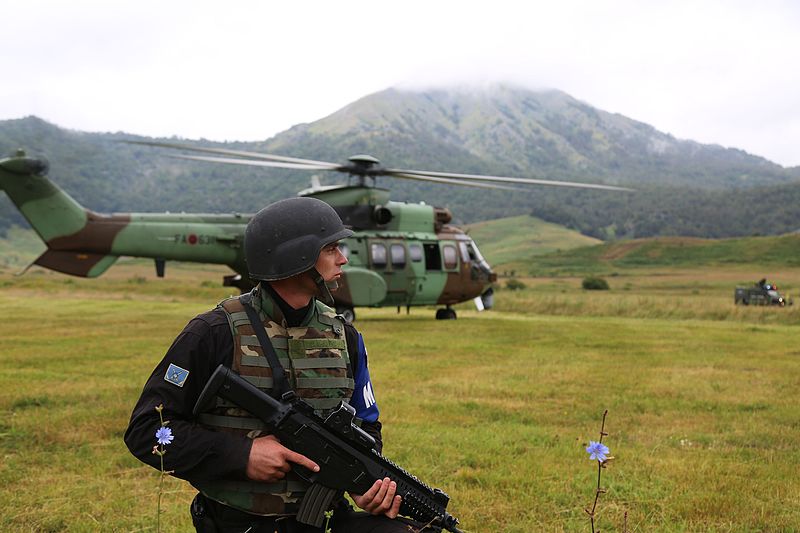 |
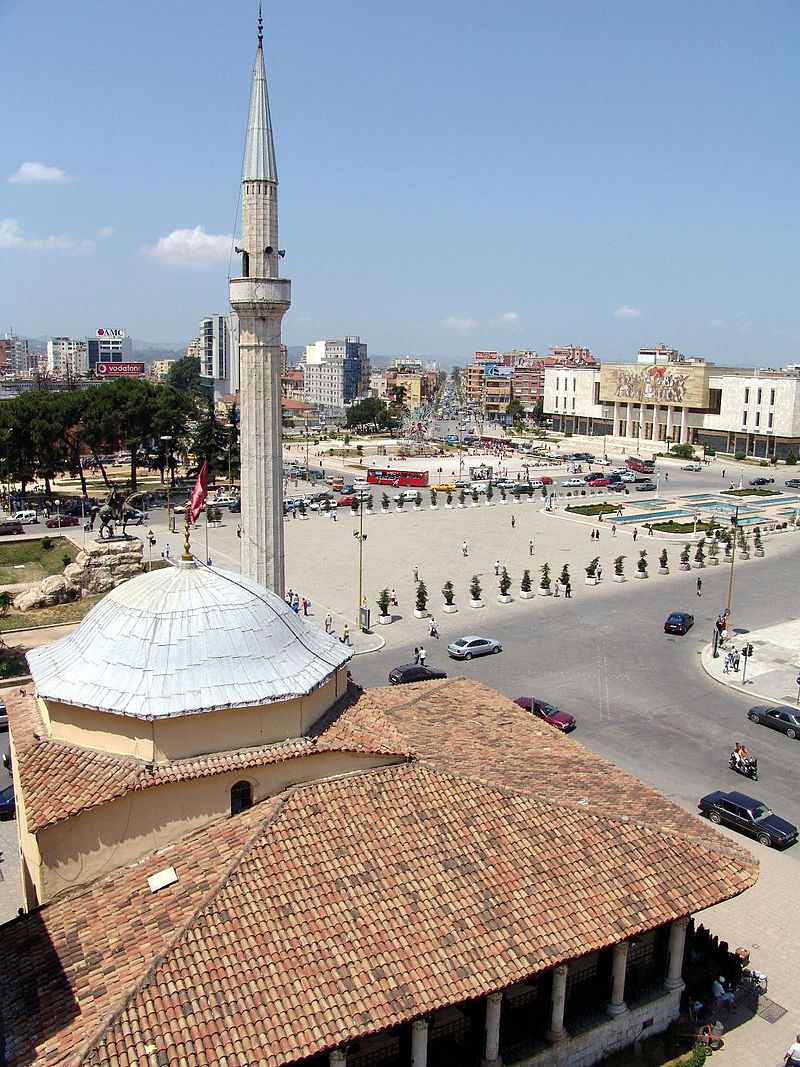 |
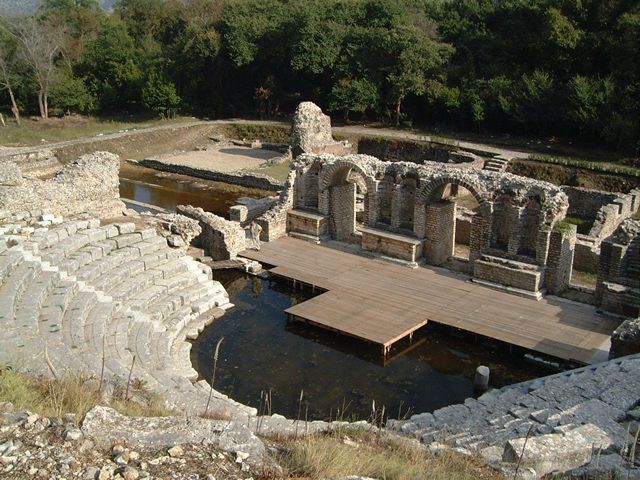 |
Background
Albania is 70% composed of mountains. It is rugged and remote to those who are unfamiliar with its terrain. The highest mountain is Korab. It is located in the district of Dibër with an altitude of up to 2,764 meters (9,068 ft). During various times in history, the territory of Albania belonged to the Roman provinces of Dalmatia, Macedonia, and Moesia Superior. The modern-day Republic became independent after the collapse of the Ottoman Empire following the Balkan Wars.
Currently, Albania is a member of the UN, NATO, the Organization for Security and Co-operation in Europe, Council of Europe, World Trade Organization, and the Union for the Mediterranean. Albania formally applied for EU membership on 28 April 2009. The government in Albania has developed under many different regimes. Today, the Parliament of Albania has 140 members of parliament (MP). MPs are elected for four-year terms. Currently, the Parliament is dominated by the Democratic Party of Albania and the Socialist Party of Albania. The next elections will be held in 2017.
The Albanian parliament compose of the following 10 committees which are responsible for carrying out both foreign and domestic policies:
- Ad-Hoc Committees
- Committee on Legal Affairs, Public Administration and Human Rights
- Committee for European Integration
- Committee on Foreign Policy
- Committee on Economic and Finance
- Committee on National Security
- Committee on Productive Activities, Trade and Environment
- Committee on Labour, Social Affairs and Health
- Committee on Education and Public Information Media
- Special Committee
Macroeconomic Data
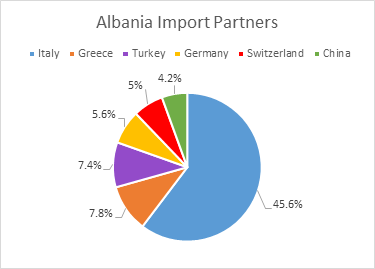 Since its Communist past, the economy of Albania has undergone the transition into an open-market economy. Albania is a country rich in natural resources. The economy is mainly supported by agriculture, food processing, lumber, oil, cement, chemicals, mining, basic metals, hydro power, tourism, textiles, and petroleum extraction. As of 2014, exports have gained tremendous momentum with an increase of over 300% since 2008. Albania maintains augmented imports with its major partners (see chart).
Since its Communist past, the economy of Albania has undergone the transition into an open-market economy. Albania is a country rich in natural resources. The economy is mainly supported by agriculture, food processing, lumber, oil, cement, chemicals, mining, basic metals, hydro power, tourism, textiles, and petroleum extraction. As of 2014, exports have gained tremendous momentum with an increase of over 300% since 2008. Albania maintains augmented imports with its major partners (see chart).
The Bank of Albania has considerably progressed in economic, political, and social developments. The key focus of the Bank of Albania is to achieve and sustain price stability. The Bank of Albania manages the country’s economy by balancing the currency in circulation with the credit in the economy. This role is crucial because too much currency in circulation will end up creating too much debt. Meanwhile, allowing less currency in circulation prevents the economy from growing. Accordingly, Albania can contribute much of its success with increasing exports to its communist roots.
Agriculture in Albania employs 47.8% of the population. Currently, about 24.31% of the land in Albania is used for agriculture. Agriculture generates over 18% of Albania’s annual GDP. The main agricultural products produced in Albania are tobacco, figs, olives, wheat, maize, potatoes, vegetables, fruits, sugar beets, grapes, meat, honey, dairy products, traditional medicines and aromatic plants.
Albania has the second largest oil deposits in the Balkans and the largest oil reserves in Europe. In 2013, Albania produced more than 1.2 million tons of crude oil. Several foreign oil companies produce oil in Albania. Canada manages Bankers Petroleum and Stream Oil firms in Albania. Most of the oil produced in Albania comes from Bankers Petroleum (1.06 million tons annually). Meanwhile, Albanian owned Albepetrol produces 37,406 tons of oil annually.
For now, a large part of Albania's national income is coming from tourism. In 2013, tourism composed of 10% of Albania’s GDP. This is expected to increase from tourism throughout the European Union. The increase in foreign visitors has been dramatic. In 2005, Albania only had roughly 500,000 visitors compared to the estimated 2.2 million tourists in 2012. This represents an increase of over 540% in just a few years. In 2014, the number of tourists increased by 20% as Albania depends on tourism for its economy to grow.
Socioeconomic Strata
Important Information: The International War on Terror is creating a major political firestorm at the United Nations from the socio-economic trends involving religion and education.
Constitutionally, Albania is a secular nation and remains neutral in questions of belief and conscience. Islam is the most common religion practiced in Albania followed by Christianity. Today, fewer Albanians consider religion to be a leading aspect of their lives. Christianity is very popular in the Epirus Nova region and parts of south Illyricum. This is because of the prevalence left for Christianity after the Roman invasion occurred as the Apostle Paul preached the Gospel "even unto Illyricum" (Romans 15:19). However, in the late 17th and 18th centuries, Ottoman rulers made strenuous efforts to transform Orthodox Albanians into Islam after major clashes with the Russian Orthodox Church. Accordingly, the majority of Albanians were converted to Islam over time during Ottoman rule in Albania. Today over 58.79% of Albania's population adheres to Islam.
The literacy rate in Albania for the total population is about 99%. Most schools are public and supported by the government. Recently, several private schools have opened up with improved teaching material, staff, and extra-curricular activities. However these private institutions are expensive to attend. There are about 5000 schools throughout Albania.
Similarly, new private post-secondary institutions have opened in Albania. A number of new private universities have been established in Albania offering students the possibility of studying at different branches. Furthermore, E-learning programs have been introduced in Albania which offers students the possibility of learning from online courses. Meanwhile, there are some illegitimate post-secondary private institutions known to simply offer online “fabricated degrees”. Appropriately, the Albanian government has closed several of these institutions in order to eradicate on this phenomenon.
